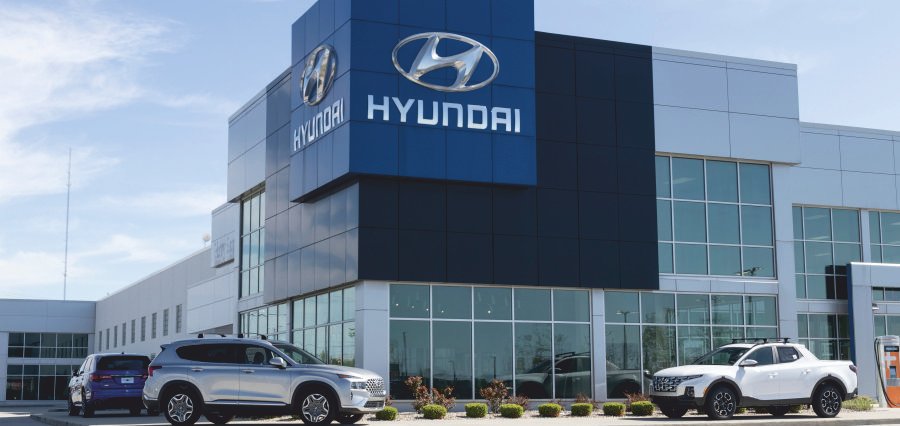Prime Highlights:
- Hyundai is strengthening its presence in Europe with a strong focus on electric vehicles and locally tailored designs.
- The company aims to meet changing customer needs while supporting Europe’s move toward sustainable mobility.
Key Facts:
- Hyundai’s plants in Turkey and the Czech Republic produce 79% of its vehicles sold in Europe, with a combined capacity of 560,000 units per year.
- Hyundai holds a 4% market share in Europe and ranks 10th among carmakers.
Key Background:
Hyundai Motor Europe is stepping up its efforts in the European car market with a strong focus on electric vehicles (EVs) and customer-focused designs. Xavier Martinet, President and CEO of Hyundai Motor Europe, said that once customers switch to EVs, they rarely go back to traditional cars.
Hyundai is one of South Korea’s most well-known global brands, along with Samsung and LG. The company entered Europe in the late 1970s and opened its first overseas production plant in Turkey in 1997. Another major plant was launched in Nošovice, Czech Republic, in 2008. Together, these two factories can produce up to 560,000 vehicles a year and make up 79% of Hyundai’s European sales in 2024. Due to the strong demand for its new small EV, the INSTER, made in South Korea, this figure is expected to fall slightly to 70% in 2025.
Hyundai currently holds a 4% market share in Europe and ranks 10th among carmakers. Martinet said the company’s growth comes from understanding what European drivers want. He explained that cars must be designed and adjusted for local conditions, such as the German Autobahn. This is seen in Hyundai’s new Concept 3, a compact EV in the IONIQ range competing with the Ford Fiesta and Renault Clio.
Although electric vehicles are becoming more popular, hybrid cars still lead new car sales in Europe. Martinet said European buyers keep their cars for about six years, so switching to EVs takes time.
With new EVs and Europe-focused designs, Hyundai is strengthening its presence in the region. Martinet explained that European customers typically keep cars for six years, and switching directly from internal combustion engines to EVs requires trust.
Hyundai is also advancing hydrogen-powered vehicles as a complementary solution. Although the European hydrogen market is still in its infancy, Hyundai is developing an entire ecosystem, including cars, buses, and trucks, and producing hydrogen at its U.S. Savannah plant. The company will be capable of offering a full range of powertrain solutions (i.e., EV, hybrid, plug-in hybrid, and hydrogen) to European consumers by 2027.
Hyundai has the ability to grow further in Europe by meeting the needs of the consumers and supporting the shift to clean energy transportation through intelligent production, locally oriented designs, and a variety of clean energy options.
Read Also : ExxonMobil Strengthens Europe with New Antwerp Hub and Reorganization

